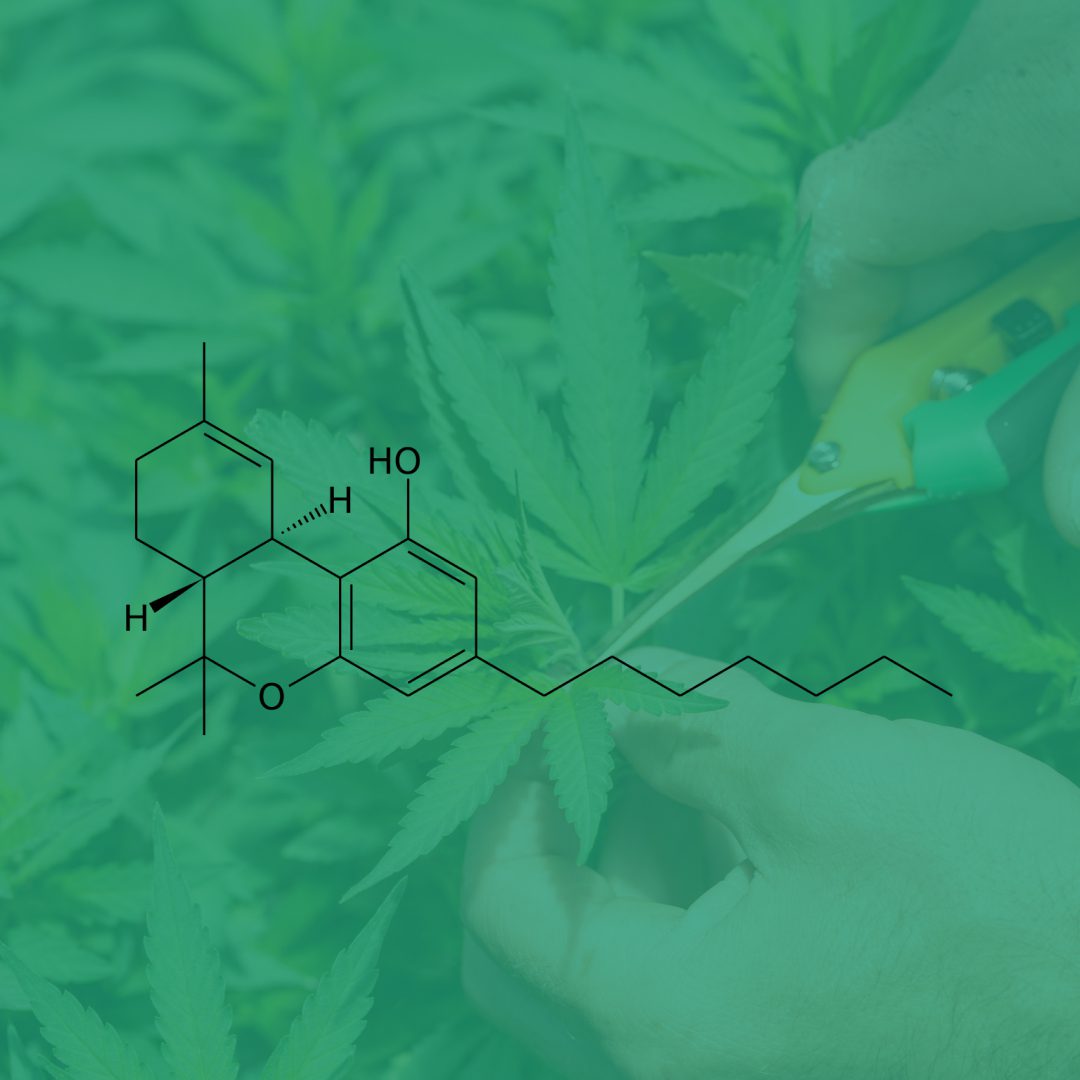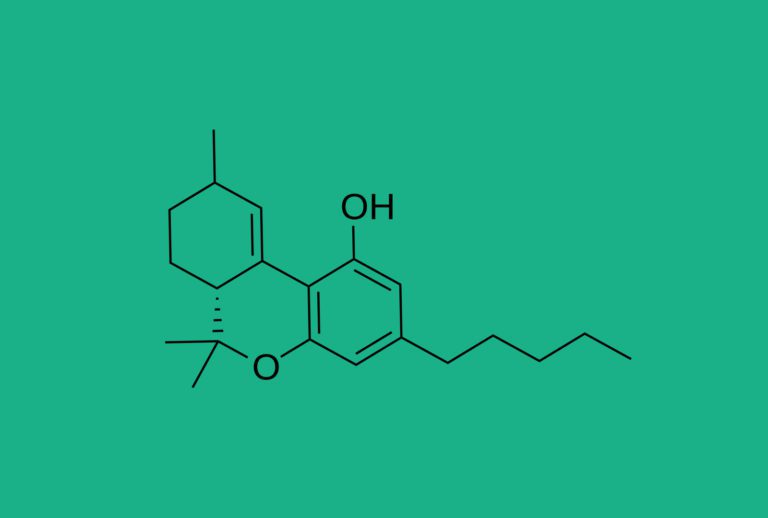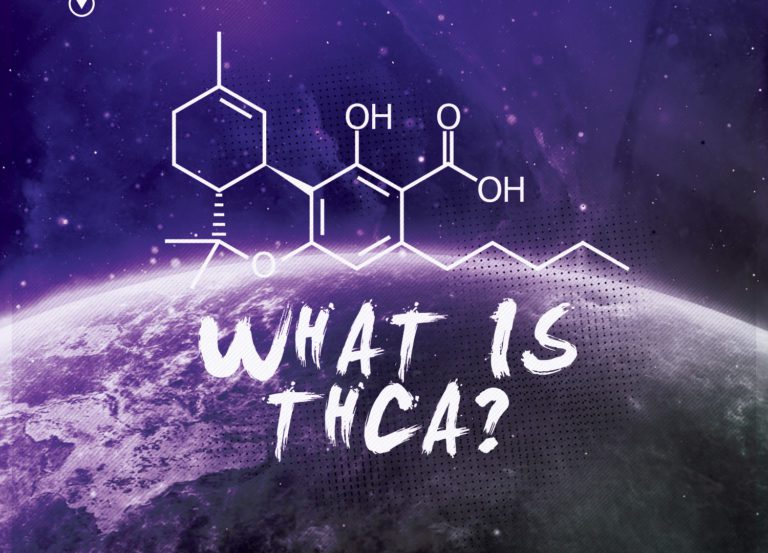What is THCp
THCP (tetrahydrocannabiphorol) is a recently discovered cannabinoid, or chemical compound found in the cannabis plant. It is one of the more than 100 known cannabinoids in the cannabis plant, and it is thought to have a number of potential medicinal properties.
Like other cannabinoids, THCP is believed to interact with the body’s endocannabinoid system, a network of receptors and neurotransmitters that play a role in a variety of physiological processes, including pain, inflammation, and mood.
THCP has garnered attention from researchers and the media due to its potential medicinal properties. Some studies have suggested that THCP may have a stronger affinity for the CB1 receptor, a type of cannabinoid receptor found in the brain and central nervous system, compared to other cannabinoids like THC (tetrahydrocannabinol) and CBD (cannabidiol). This may make THCP more effective at relieving certain types of pain and inflammation.
In addition to its potential pain-relieving properties, THCP has also been shown to have anti-anxiety and anti-depressant effects in animal studies. It may also have neuroprotective properties, meaning it could potentially be used to protect the brain and central nervous system from damage.
While the research on THCP is still in its early stages, the compound has generated a lot of interest due to its potential medicinal properties. However, more research is needed to fully understand the effects of THCP and its potential therapeutic uses. Keep in mind these statements are from limited studies and these statements have not been evaluated by the Food and Drug Administration (FDA).
In conclusion, THCP is a recently discovered cannabinoid that has shown promise in early research for its potential medicinal properties, including pain relief, anti-anxiety and anti-depressant effects, and neuroprotective properties. While more research is needed to fully understand the effects and potential therapeutic uses of THCP, the compound has generated a lot of interest due to its potential medicinal benefits.






